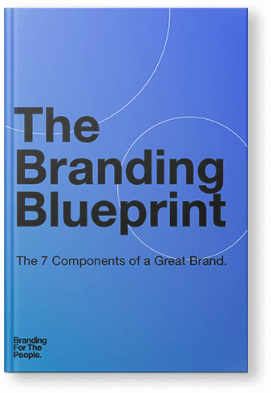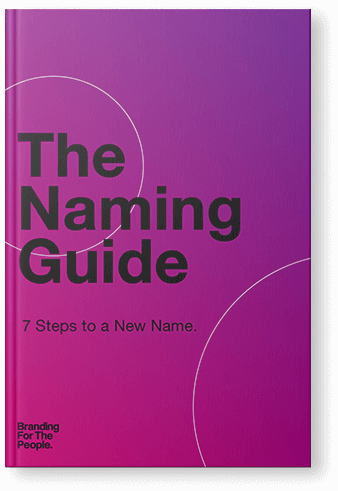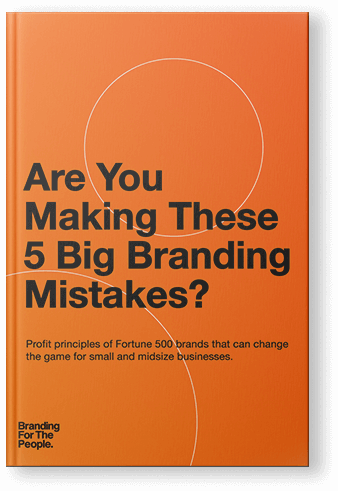Why is defining your target audience important?
How could it not be? Your target audience is central to everything you do, say, and create. You have to understand who you’re speaking to in order to make your message resonate or even matter. If you’re not doing that, or not being specific enough, you’re missing a valuable opportunity to really connect with the people who will not only buy your product but participate in your Brand’s Idea, development, and overall journey. This isn’t limited to your buying public, either: placing yourself in a landscape of other companies helps you create valuable partnerships.
How do you define your target audience?
Defining target audience is really about starting somewhere, observing, and reporting than it is about getting it perfect the first time around. Your audience will inevitably evolve. You might realize you’ve been trying to target the wrong people. You might find you’re using the wrong language to speak to them. In other words, there’s no rigid way of getting this “right”. Your approach needs to be nimble enough to adapt when you take steps to assess. How you decide to assess can be based on metrics like social media data and analytics. But it should also reflect your company’s stated goals and what really drives you. For instance, you may have started as a young company working with a much younger audience, but as you grow and change you might find your audience grows and changes with you. Their interests and passions will likely evolve, too.
Our audience.
Our own target audience has undergone a change to reflect our evolution as a company. Where we once engaged with entrepreneurs broadly, we’re making an effort to narrow our focus to entrepreneurs in certain industries. This will allow us to better engage with our own specific niche — something we’ve been working toward over the last few years.







